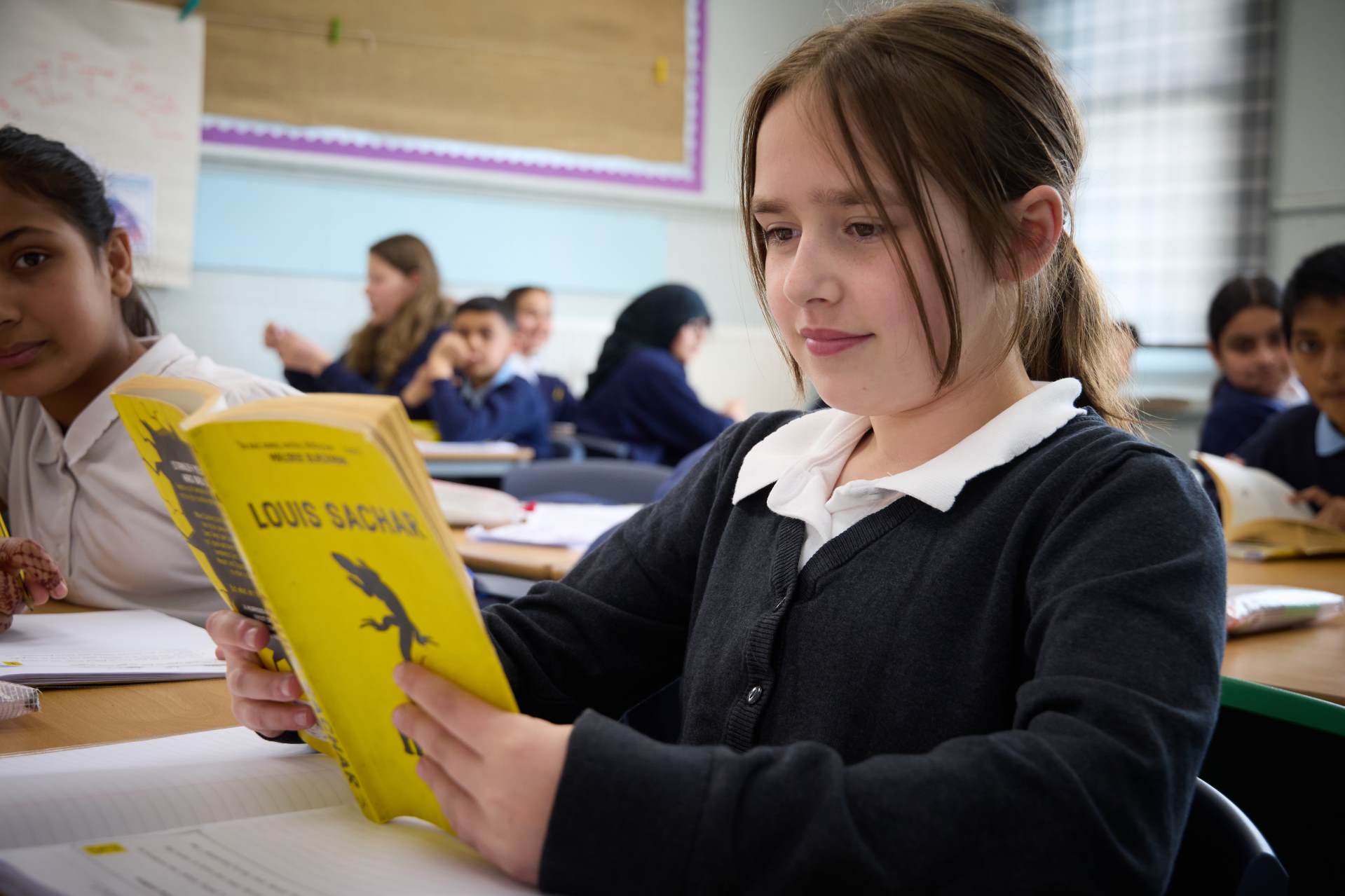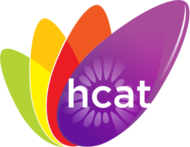Literacy

Curriculum Information
The overarching aim of English at Pearson Primary School is to promote high standards of literacy by equipping pupils with a strong command of the written and spoken word, and to develop their love of literature through widespread reading for enjoyment.
The 2014 National Curriculum for English aims to ensure that all pupils:- read easily, fluently and with good understanding
- develop the habit of reading widely and often, for both pleasure and information
- acquire a wide vocabulary, an understanding of grammar and knowledge of linguistic conventions for reading, writing and spoken language
- appreciate our rich and varied literary heritage
- write clearly, accurately and coherently, adapting their language and style in and for a range of contexts, purposes and audiences
- use discussion in order to learn; they should be able to elaborate and explain clearly their understanding and ideas
- are competent in the arts of speaking and listening, making formal presentations, demonstrating to others and participating in debate.
Spoken language
Our lead teacher for languages is Mrs Tee.
The national curriculum for English reflects the importance of spoken language in pupils’ development across the whole curriculum – cognitively, socially and linguistically. Spoken language underpins the development of reading and writing.
The quality and variety of language that pupils hear and speak is vital for developing their vocabulary and grammar, and their understanding of reading and writing. Therefore teachers at Pearson ensure the continual development of pupils’ confidence and competence in spoken language and listening skills.
At Pearson we aim to support pupils in developing a capacity to explain their understanding of books and other reading material, and to prepare their ideas before they write. Pupils are assisted in making their thinking clear to themselves, as well as to others. Teachers ensure that pupils build secure understanding by using discussion to probe and remedy misconceptions. Pupils are also taught to understand and use the conventions of discussion and debate, at an age appropriate level.
Phonics
Our lead teacher for phonics is Miss Nixon.
Children begin to develop a knowledge understanding of letter sounds and names from Foundation 1 and continue their learning journey throughout the school. In Foundation Stage and Key Stage 1 children are introduced to a range of phonemes many of which are a cluster of letters. They begin to recognise these phonemes when they read different words and start to use them when developing their writing. We teach phonics through the Read, Write, Inc programme, which is taught daily in discrete phonics sessions for all children in EYFS and year 1 and for all children in other year groups who have not yet mastered the mechanics of phonics for reading. Children are taught in small groups and these sessions are carefully planned to meet the children’s needs. Additional intervention is provided so that all children ‘keep up’ and become good readers.
Click here for more information about phonics
Reading
Our lead teacher for reading is Miss Tomlinson.
The programmes of study for reading at key stages 1 and 2 consist of two dimensions:
- word reading
- comprehension (both listening and reading).
Teaching at Pearson focuses on developing pupils’ competence in both dimensions. Skilled word reading involves both the speedy working out of the pronunciation of unfamiliar words (decoding) and the speedy recognition of familiar printed words. Underpinning both is the understanding that the letters on the page represent the sounds in spoken words. This is why phonics is emphasised in the early teaching of reading to beginners when they start school.
Good comprehension draws from linguistic knowledge (in particular of vocabulary and grammar) and on knowledge of the world. Comprehension skills are developed through pupils’ experience of quality discussion with their teacher, as well as from reading and discussing a range of stories, poems and non-fiction.
Pupils at Pearson are encouraged to read a range of fiction, non-fiction and Poetry, to establish an appreciation and love of reading, and to gain knowledge across the curriculum through reading. We also encourage reading regularly as we believe it feeds pupils’ imagination and opens up a treasure-trove of wonder and enjoyment for curious young minds.
Click here for more information about reading
Writing
Our lead teacher for writing is Mrs Tee.
At Pearson we aim to provide opportunities for children to write in response to real texts, and in response to real-life experiences. The programmes of study for writing at key stages 1 and 2 are constructed similarly to those for reading:
- transcription (spelling and handwriting)
- composition (articulating ideas and structuring them in speech and writing).
In addition, pupils are taught how to plan, edit and improve their writing. They are taught the language that they need to effectively evaluate their work, and that of others.



